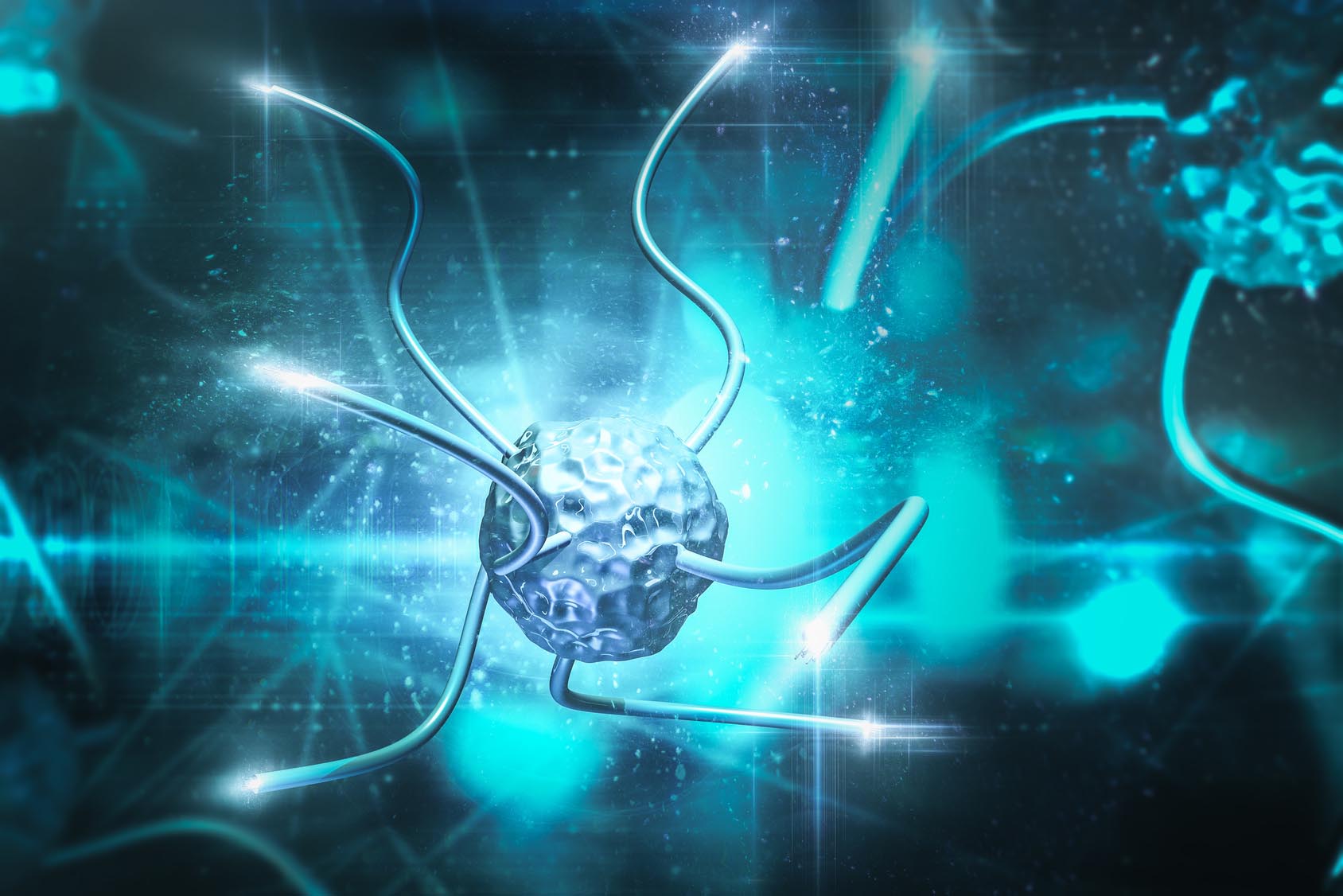-
What is already known on this topic
Gut bacteria are key regulators of a series of processes, such as immune system development, that are critical to neurodevelopment. Studies in mice have linked the gut microbiota to disorders like autism, but whether gut microbes are associated with neurodevelopment in children is unclear. -
What this research adds
By combining gut microbiota data from more than 300 infants with their score in a developmental and social-emotional screening test, the researchers found a link between gut bacteria in early life and motor, personal and social skills at 3 years of age. -
Conclusions
The findings suggest that the gut microbiota is linked to neurodevelopmental outcomes in childhood.
Gut bacteria might be linked to neurodevelopment in early childhood, a new study finds. The research, led by Joanne Sordillo at Harvard Medical School and published in JAMA Network Open, supports the idea that the development of the gut-brain axis early in life has potential long-term consequences on neurobehavioral health.
The gut microbiota regulates a number of processes, such as immune system development, that are critical to neurodevelopment. Studies in mice have linked gut microbes to disorders such as autism, but whether these microbes are associated with neurodevelopment in children is unclear.
To address this question, the researchers assessed the associations between the gut microbiota in infants and developmental outcomes at age 3.
To do so, the team collected stool samples from 300 children of different ethnicities aged 3 to 6 months and analyzed the number and type of bacteria in the samples. When the children reached 3 years of age, parents were asked to score them in a developmental and social-emotional screening test. The test assesses 5 types of developmental skills: gross motor skills, fine motor skills, problem-solving ability, communication, and personal and social skills.
Delayed skills
While most 3-year-olds showed typical neurodevelopment, 10% had slight delays in gross motor skills, 23% in fine motor skills, 15% in problem solving, 10% in communication, and 10% in personal and social skills.
Children with increased abundance of Lachnospiraceae and yet-uncharacterized bacteria belonging to the Clostridiales family showed below-average communication skills as well as personal and social skills. These children also had a low abundance of Bacteroides in their gut.
On the other hand, children with high levels of Bacteroides had below-average fine motor skills. However, these effects were attenuated if the infants’ mothers had received a vitamin D treatment during pregnancy.
On track
Children who developed average communication skills for their age had a low abundance of Clostridiales, in particular Ruminococcus. In general, bacteria belonging to the Clostridiales family were less abundant in typically developing children. And low levels of Enterobacteriaceae, in particular Klebsiella, were associated with typical fine motor skills development.
While assessing the infant gut microbiota at a single time does not fully capture the early life evolution of the microbiota, and other factors such as antibiotic use may be associated with gut microbiota up to 3 years of age, the findings suggest that gut microbes are linked to neurodevelopmental outcomes in childhood.
Further studies in other populations and the use of more comprehensive neurocognitive tests are needed to fully understand the role of gut microbes in early neurodevelopment, the scientists say.









